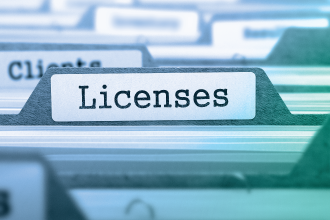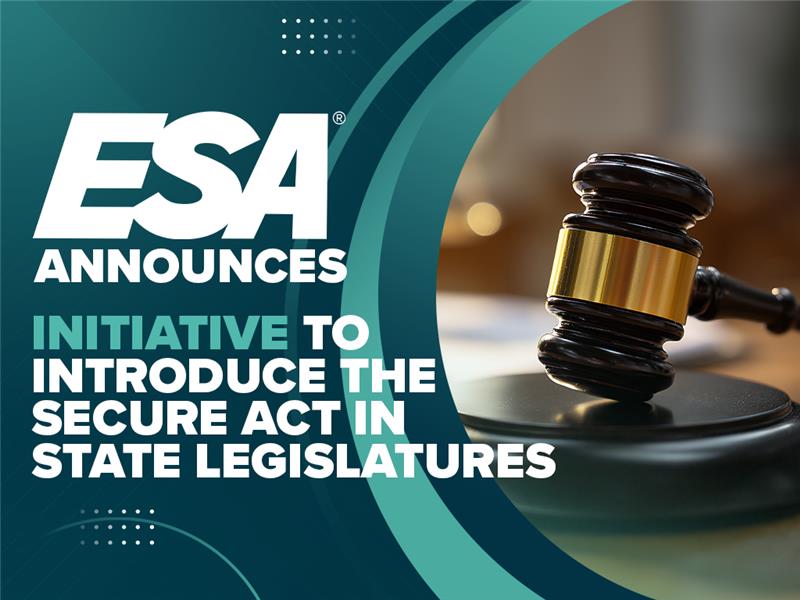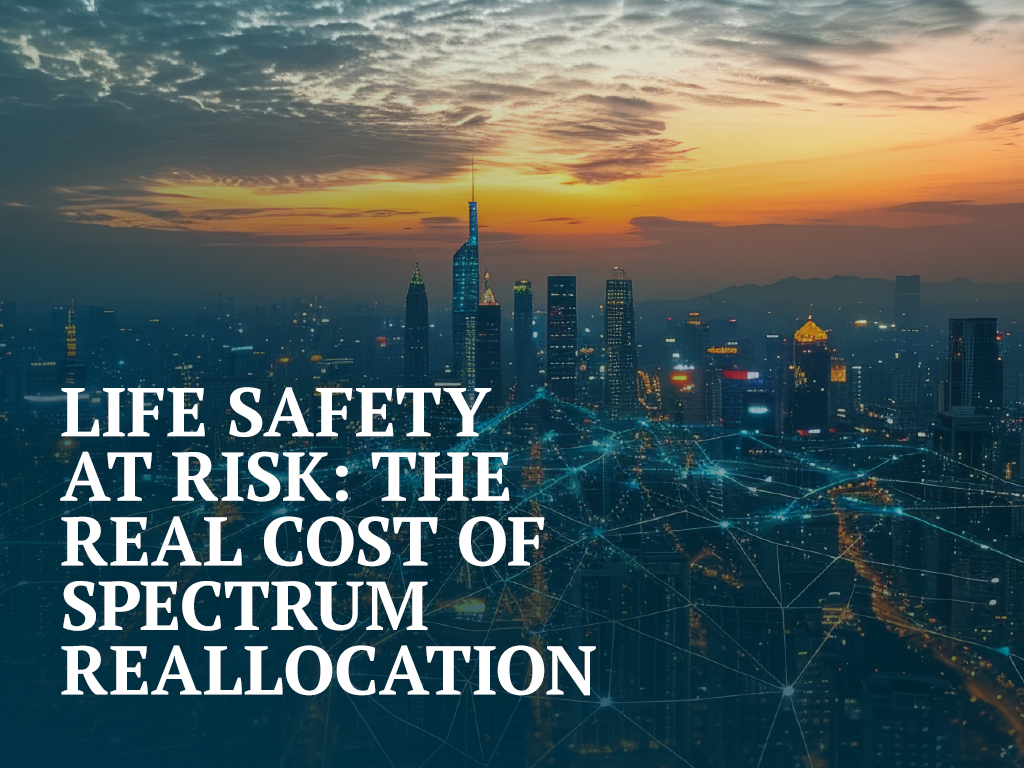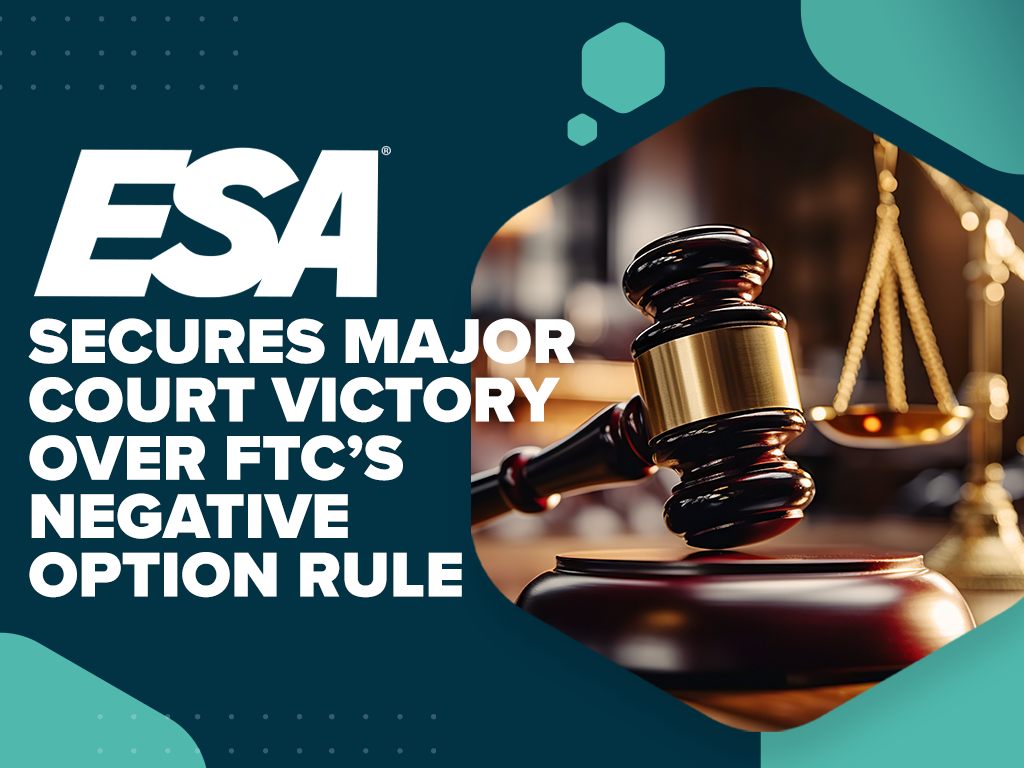Model Language for Low-Voltage Exemption from Electrical Licensing Saves the Day, Most Recently in Colorado

In October 2013, ESA, the Custom Electronic Design & Installation Association (CEDIA) and a number of representatives from national companies and other industry-related organizations formed a coalition to meet and collaborate on common areas of interest to our respective industries.
This coalition worked on several key issue areas, with one being low-voltage exemption language from electrical licensing statutes.
ESA and CEDIA
ESA and CEDIA previously fought attempts by electrical unions and trade groups to incorporate low-voltage work into electrical licensing statutes, but we previously had no solid alternative to offer.
Putting alarm and other low-voltage industry work under the control of a high-voltage electrical licensing board could pose a significant threat to the industry and this coalition recognized there would be ongoing attempts to do this from the electrical trade groups looking to expand their member base and control.
We needed to offer language to exempt the low-voltage industry and we needed to succinctly explain why.
In 2014, model language for low-voltage exemption from electrical licensing laws was adopted and as soon as 2015, we began pushing this language in states that were introducing statewide electrical licensing legislation or renewing current statutes that were scheduled for sunset.
ESA and CEDIA first introduced this language in Missouri, which proposed its statewide electrical licensing legislation.
Low-Voltage Exemption Language
It took several sessions for the legislation to eventually pass, but when it did, the low-voltage exemption language adopted by the Legislative Coalition was incorporated into the statute, despite the efforts of electrical trade groups to do otherwise.
We saw a similar attempt in Colorado this year, which introduced a bill to renew the electrical licensing board, otherwise set to sunset in 2020.
The filed version of the bill made several changes, as is common with licensing statutes that are scheduled for sunset, but what raised our attention was language in the fiscal note that indicated this legislation would,
“clarif[y] that communications systems, data systems, and security systems are subject to regulation if they are part of a building’s electrical system . . .”
While the filed version of the bill had no reference to “security systems,” the language was broad and vague enough to capture the electronic security industry in the electrical licensing statute.
We contacted the Colorado Burglar and Fire Alarm Association and began working with CEDIA on ways to address the language in the bill.
At the end of the day, CEDIA and ESA members on the ground were able to work with legislators to incorporate key provisions of the exemption language the Legislative Coalition developed and adopted over five years ago.
The bill was amended several times, but ultimately included language that exempts “the installation, maintenance, repair, or alteration of class 2 or class 3 remote-control, signaling, and power-limited circuits, as defined by the National Electrical Code.”
Ongoing Advocacy Efforts
As you continue with your work and build your business, don’t forget to think about the advocacy efforts that occur on your behalf.
Advocacy efforts that could not happen without your support.




